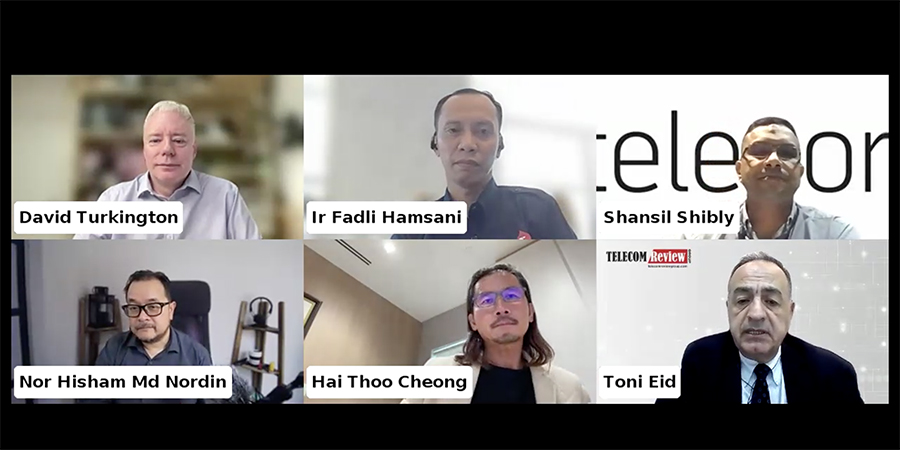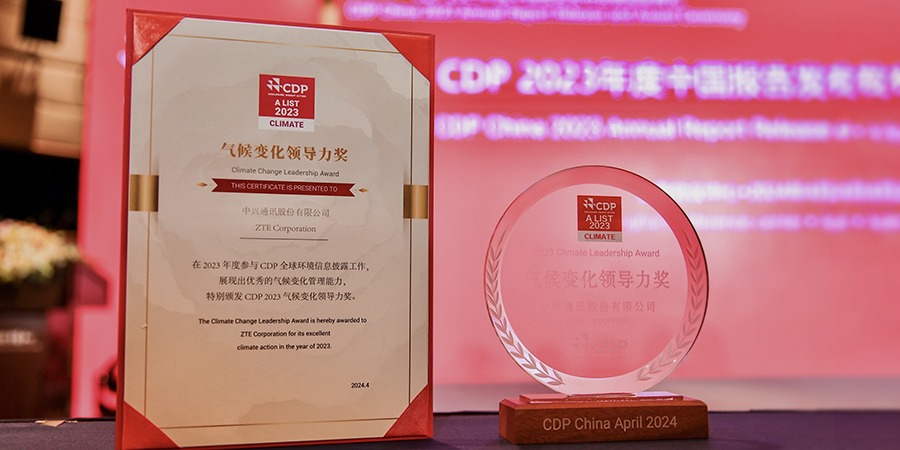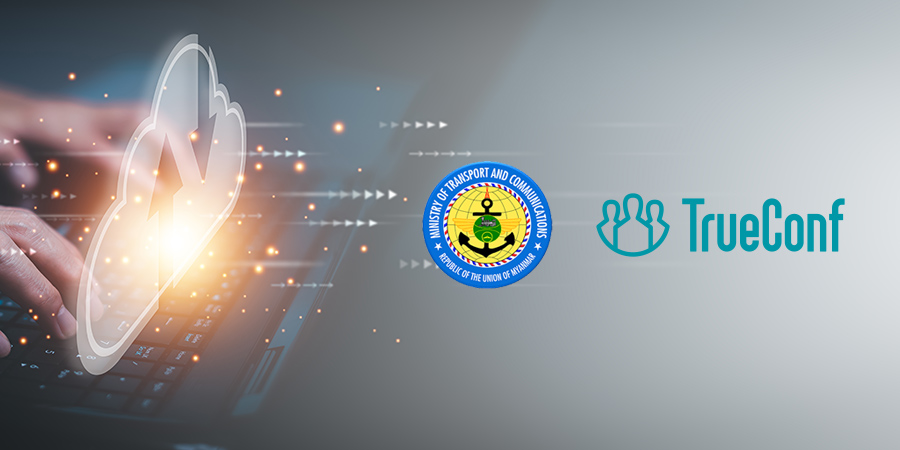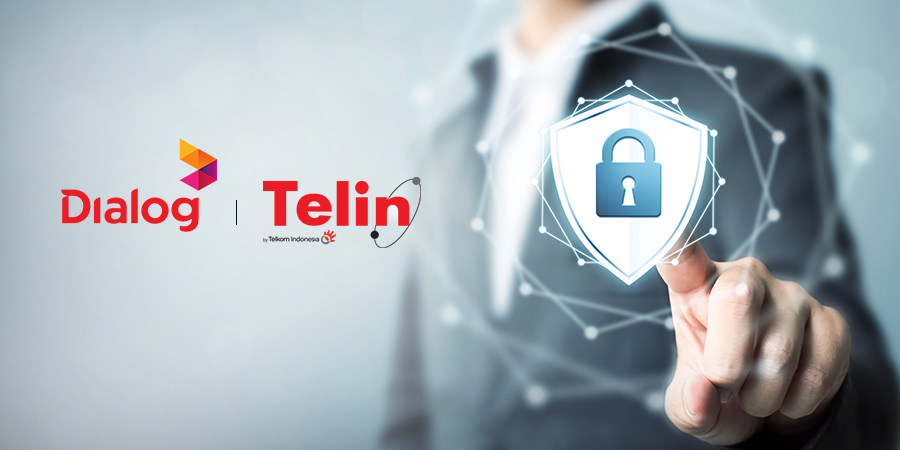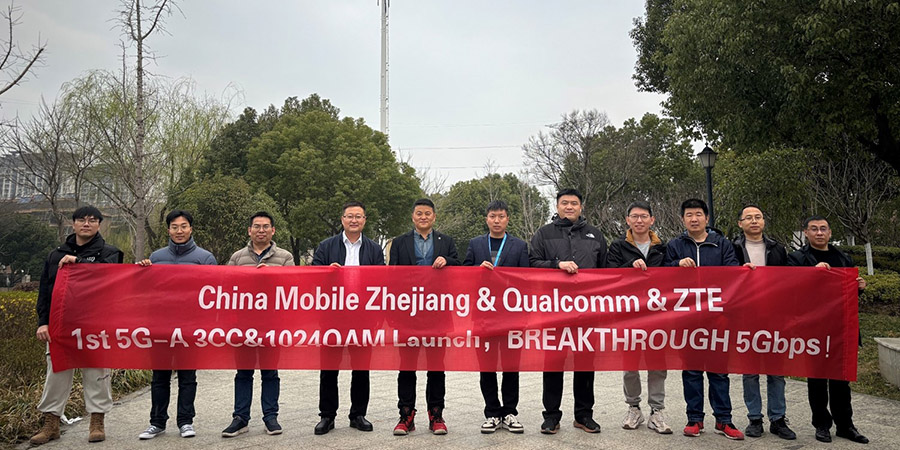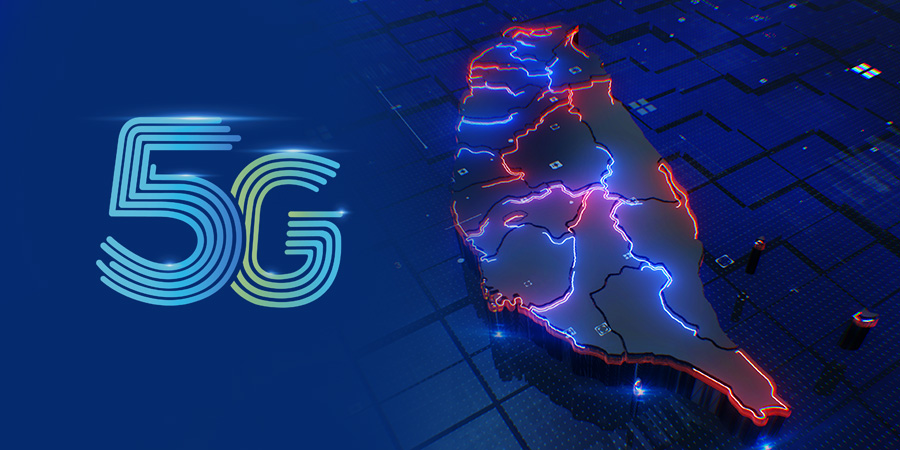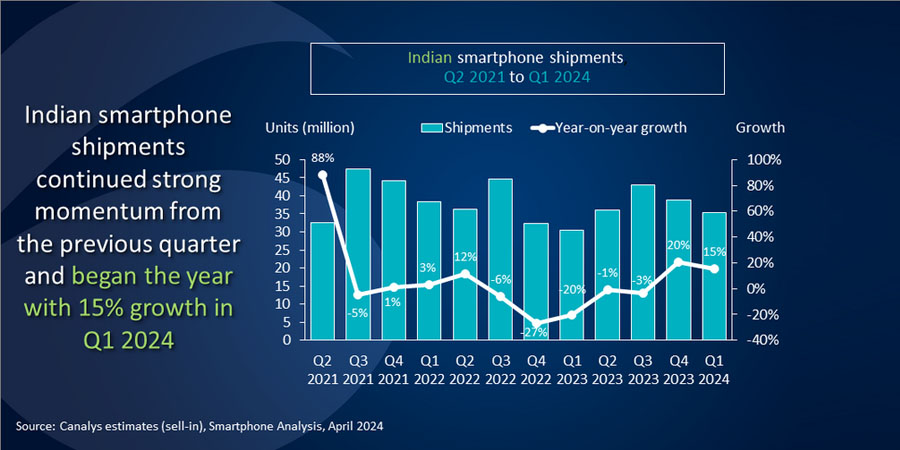Taiwan is one of the countries in Asia that boasts remarkable technological advancements and innovations in the telecommunications industry. According to the US International Trade Administration, Taiwan is leading in the advanced technology industry due to its robust investments in research and development (R&D), manufacturing and innovation.
5G Network and Beyond
Despite their technological success, manufacturers in Taiwan have faced operational challenges due to the limitations of traditional networks and tedious production processes. However, these challenges have been addressed with the integration of private 5G networks, along with advanced technologies such as artificial intelligence (AI) and Internet of Things (IoT) applications, which have enhanced efficiency and adaptability.
Taiwan's robust semiconductor industry is an essential factor in its contribution to the 5G supply chain. Companies such as Taiwan Semiconductor Manufacturing Company (TSMC) and MediaTek have been instrumental in the advancement of chipsets that power 5G devices. The chipsets are used to enable efficient data transmission across networks. TSMC is considered to be a major player in the global semiconductor market, maintaining its position as the leading chip supplier for technology giants such as Apple and Qualcomm.
Aside from its dominance in the hardware industry, Taiwan is also considered to be at the forefront when it comes to its network infrastructure. Chunghwa Telecom and Far EasTone have been persistent in their efforts to achieve widespread 5G adoption in the country. According to Ookla, Chunghwa Telecom’s 5G network reaches 97.6% of the country’s locations. In the third quarter of 2023, Taiwan’s 5G network had a median download speed of up to 265.35 Mbps, surpassing its neighboring countries such as Vietnam, the Philippines, China, Hong Kong and Japan.
Taiwan’s efforts have been instrumental in establishing the necessary infrastructure for improved connectivity and fostering digital innovation. Businesses in the country have actively contributed to the development of the 5G ecosystem by forming strategic partnerships, which shaped the standards and specifications that are fundamental to the functioning of 5G technology.
In recent years, the use of private 5G networks has become a new trend. According to the Ministry of Digital Affairs, there are currently over 150 operational private 5G networks in the country, with the majority of these being utilized by the agile manufacturing industry.
Private 5G networks offer advantages extending beyond the industrial sector, catering to diverse businesses with tailored solutions for specific requirements. These applications may encompass tasks such as monitoring tunnels along critical transportation infrastructure, enhancing efficiency in steel mill operations, and facilitating improved communication aboard cargo ships at sea.
Network slicing is pivotal in facilitating the transition from traditional networks. It's a technology that facilitates the customization of network resources to meet unique user needs. By leveraging network slicing, enterprises can attain heightened levels of performance and scalability, all while reducing operational costs. This can be achieved through efficient resource allocation and optimization of speed, throughput, and latency.
However, the road to widespread adoption comes with its own challenges. Both industry players and lawmakers are still very much focused on integrating communication and equipment, guaranteeing network maturity, and addressing cost-effectiveness. Nevertheless, Taiwan is steadily addressing these challenges and becoming a world leader in commercial 5G rollout.
Global Supply Chain
In 2023, Taiwan established the Telecom Infra Project (TIP) Community Lab, supported by the Industrial Development Bureau (IDB), to encourage global collaborations with the country’s strong 5G ecosystem.
According to the Ministry of Economic Affairs (MOEA), the TIP Community Lab is an international community consisting of tier-one carriers, system integrators, and suppliers, all of which aim to promote open networking technologies; with the goal of eliminating vendor lock-in; encouraging a variety of suppliers; and reducing the overall cost of ownership, thereby accelerating the global advancement of 5G technology.
In order to take advantage of this current trend and allow Taiwan's ICT industry to take advantage of the growing potential in the 5G field, the Industrial Technology Research Institute’s (ITRI) TIP Community Lab has become a pioneering facility in the region, providing validation and accreditation for established goods in open networking. This allows Taiwanese vendors to obtain the necessary credentials to enter worldwide markets.
Taiwan's leadership in network infrastructure and the global 5G supply chain provides benefits not just for the country, but also for its partners globally. By utilizing technology to address challenges and create a stronger future, Taiwan solidifies its role as an innovator in both the hardware and software industries.




